GrowNextGen was part of the national level, regional-based Science of Food and Fuel: a Nourish the Future Ag Biotech workshop held in June. A group of 28 teachers gathered in-person at Global Impact STEM Academy, while another 28 joined in via Zoom for a unique science learning experience. The activities presented included lessons from the GrowNextGen curriculum.
Robyn Allscheid, NCGA Director of Research and Productivity, greeted the participants, who represented 16 states. Corteva’s Kyle Poling talked about the work done to feed a growing population. “In the next 50 years, the world will consume twice as much food as it has since the beginning of agriculture. Science and technology is the way we’re going to do that.”
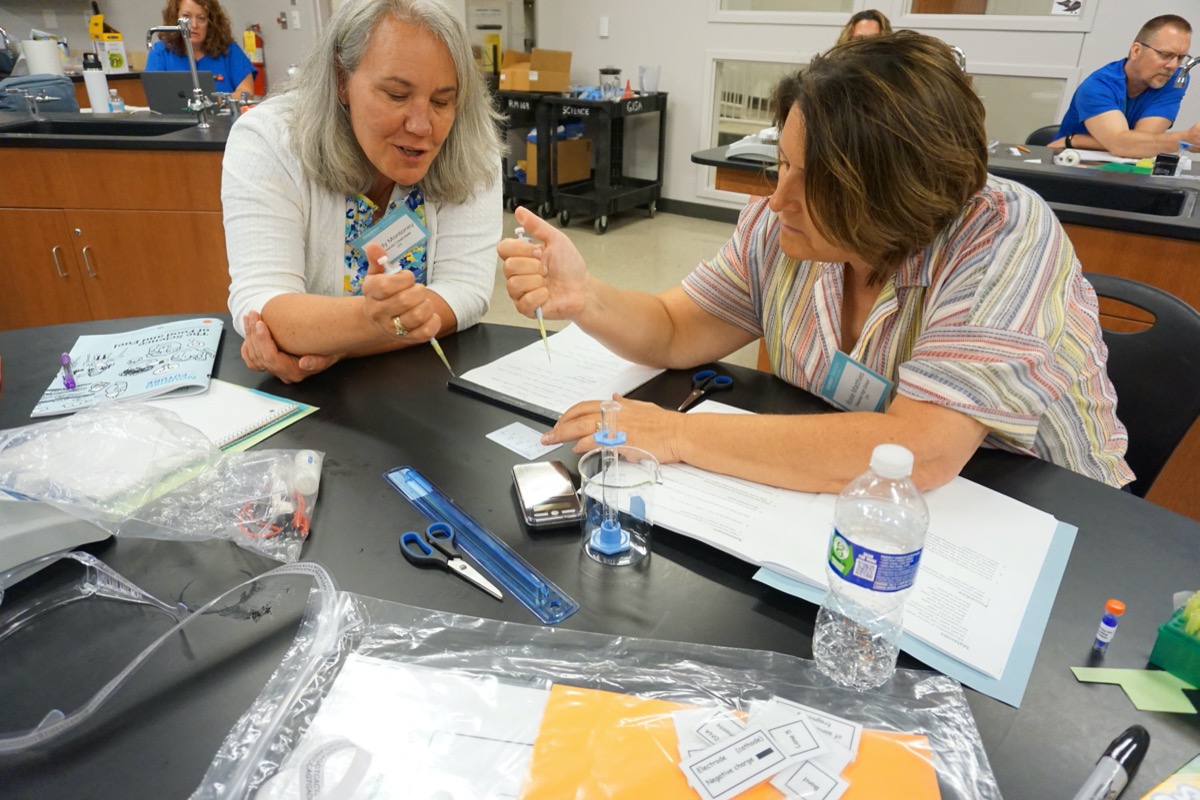
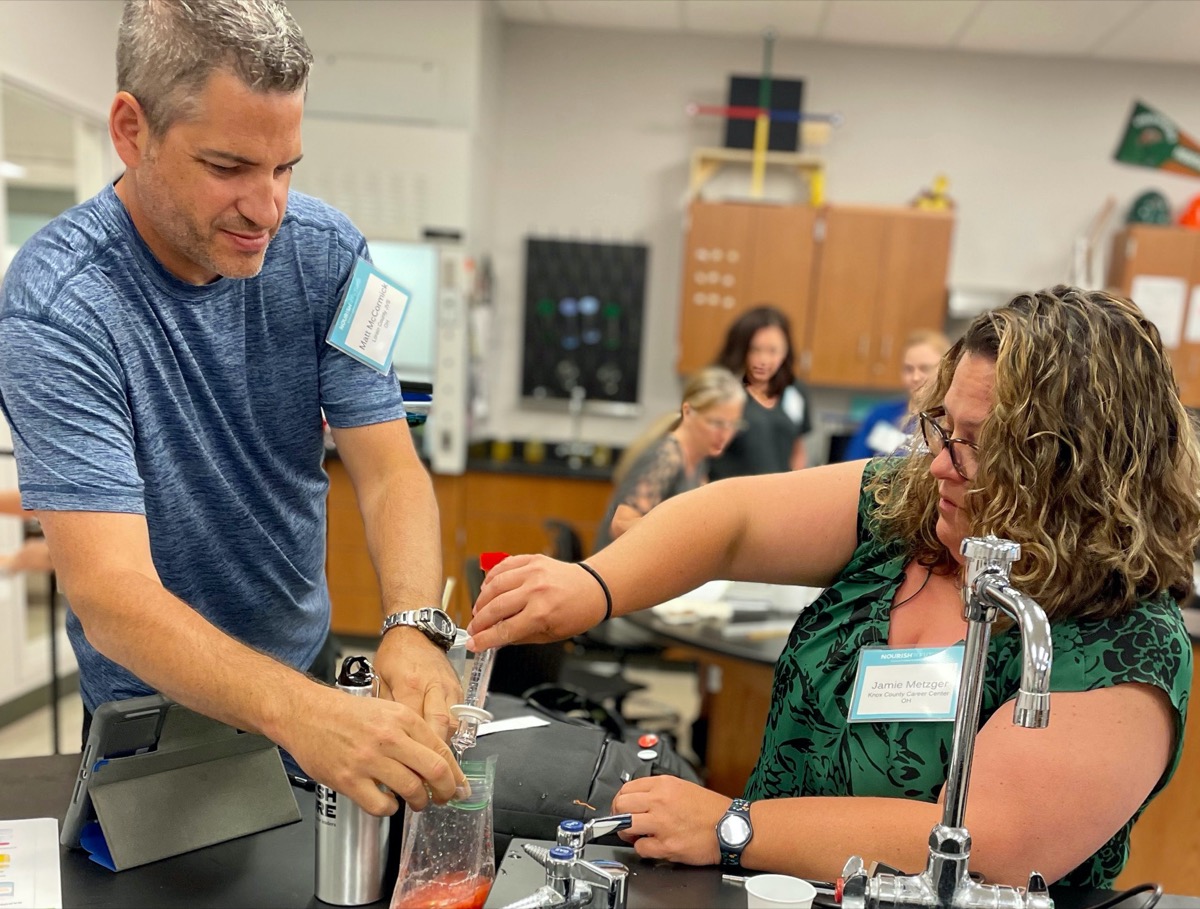
Presenters Jennifer Foudray, Erin Molden, Rachel Sanders, and Pam Snyder—all GNG teacher leaders—led participants through lab activities focused on biotechnology, food science, and biofuels. The teachers worked on biotech skills such as pipetting, developed and tested protocols for extracting DNA, enacted a human model of a DNA nucleotide, created a paper model of a RoundUp ready soybean plant, and ran a gel electrophoresis. They also developed biofuels from plant oils, tested biodiesel for chemical properties, performed a sensory analysis of the performance of different vegetable oils, and made mayonnaise.
A key part of workshops facilitated by educationprojects.org is the industry dinner, bringing together experts in different agriculture-related fields to talk with the teachers about their careers, experiences, and challenges. This took place at OSU’s Western Agriculture Station. After teachers observed some trial plantings and heard about the research done at the station, NCGA President John Linder and educationprojects.org’s founder and CEO Jeanne Gogolski talked about their educational backgrounds, career paths and goals. “Farmers care about what they do—they are in it for the long-haul, and so are teachers,” Gogolski said. Ohio AgNet’s Dale Minyo led a question and answer session where farmers and teachers shared about the problems they face and discussed ways to work together to reach the next generation of skilled workers.
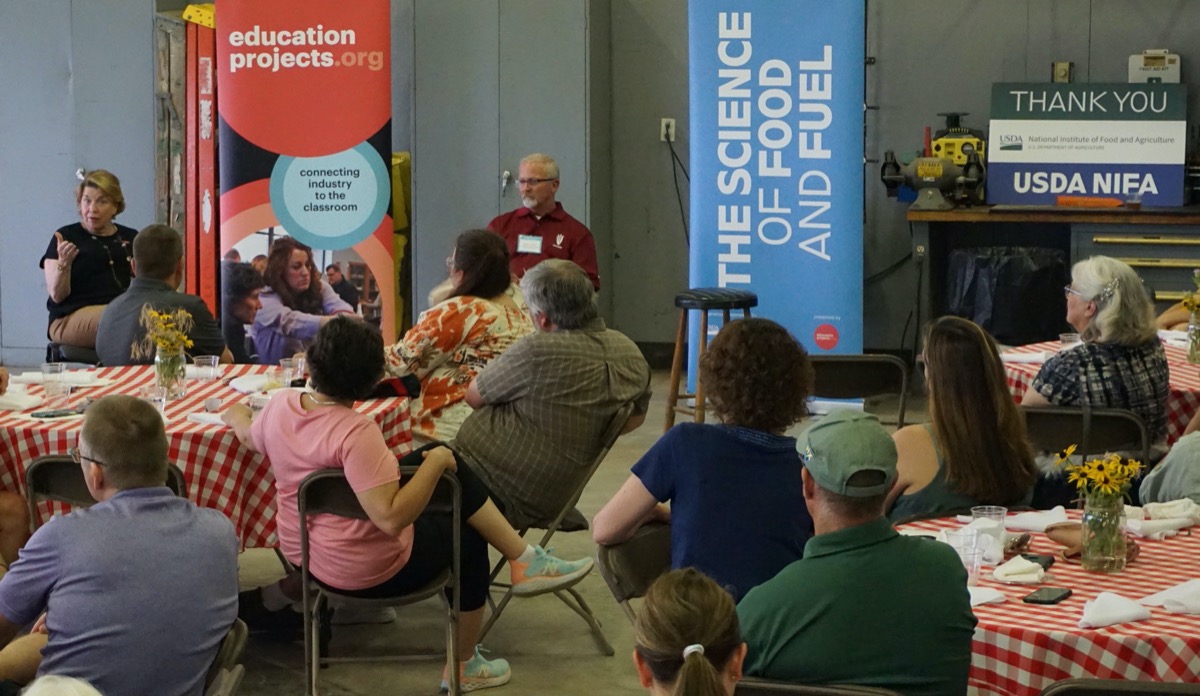
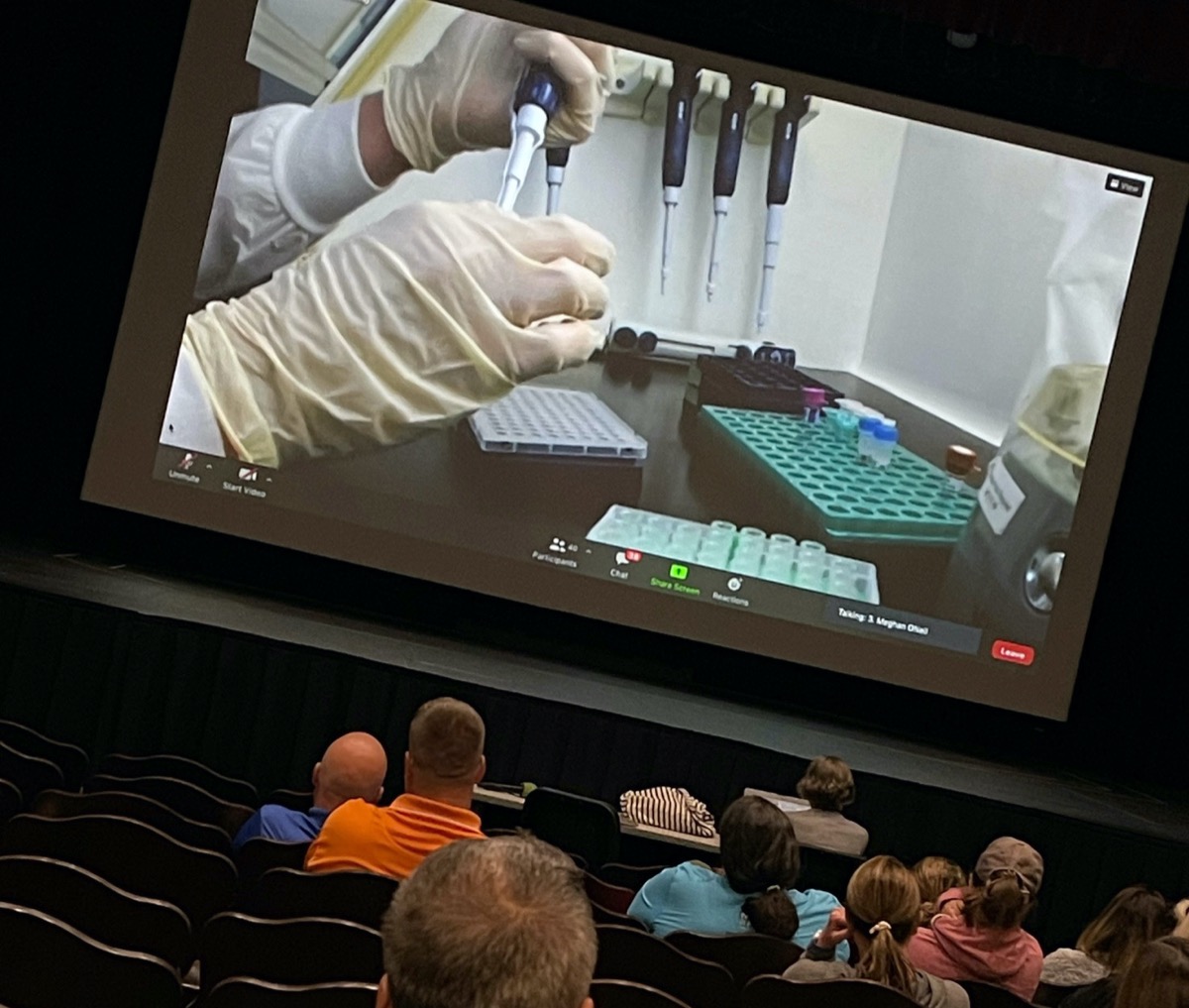
Zack Bateson provided a virtual tour of the National Agricultural Genotyping Center (NAGC) lab, explaining about the research equipment and testing done at the facility. Bateson then led the group through a bioinformatics lesson introducing basic DNA sequence analysis, using the National Center for Biotechnology Information’s website.
All teachers received over $300 worth of lab supplies to complete the activities in their classrooms. Virtual participants had their supplies mailed to them ahead of time so they could follow along with the presentations and activities.
This workshop was funded by a grant from USDA National Institute of Food and Agriculture, providing a 3-year program to cultivate agricultural literacy in science classrooms; strengthen the career pipeline by increasing awareness of agriculture careers; and build an inclusive and sustainable community of educators by broadening agriculture-related resources through virtual programming. Key collaborators include Educationprojects.org, Ohio Soybean Council, Ohio Corn & Wheat, Corteva, and the National Corn Growers Association.
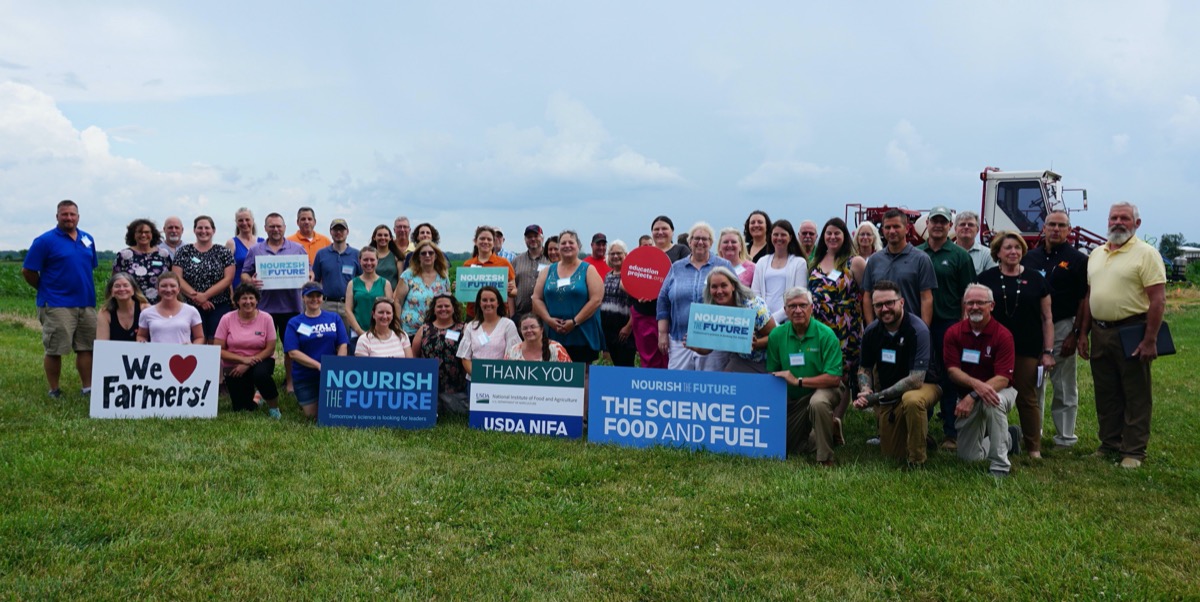
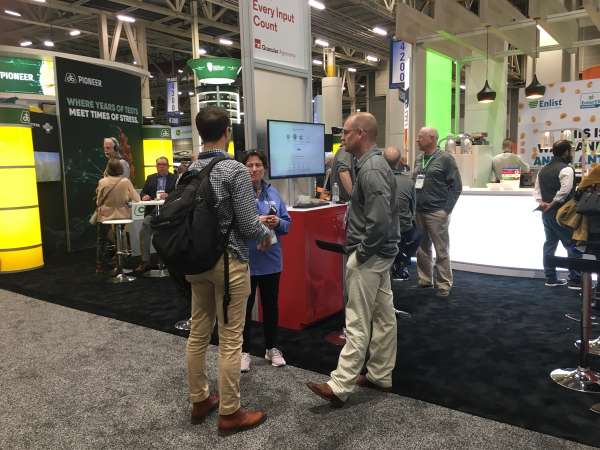
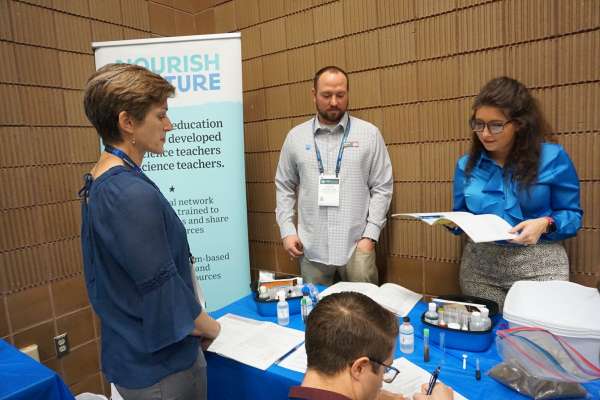
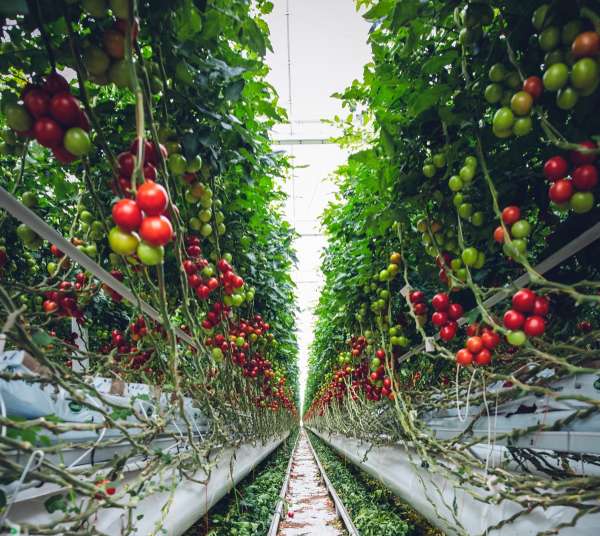
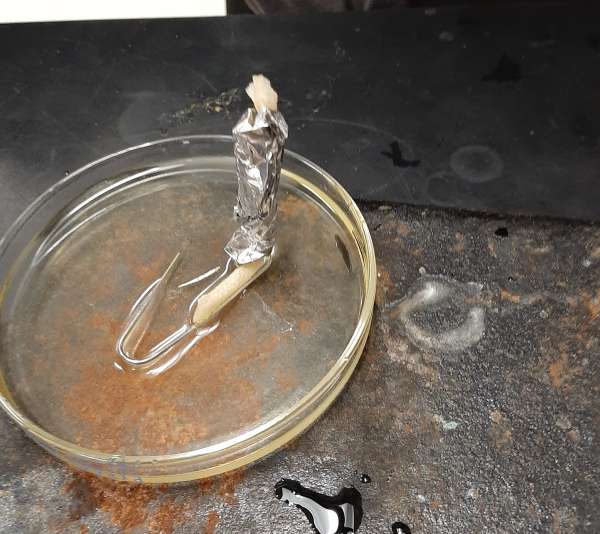
Share this